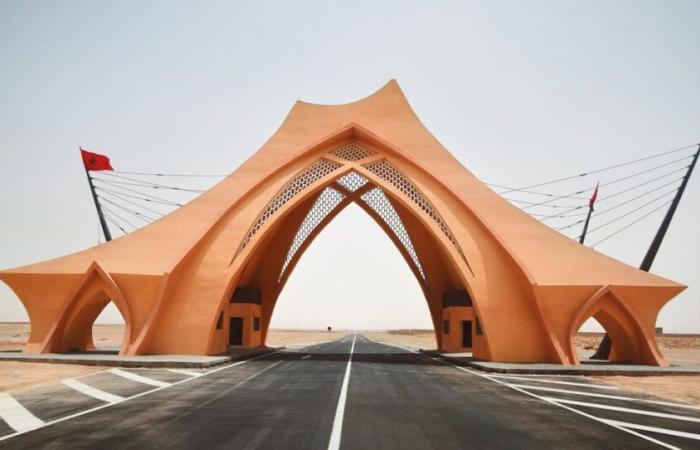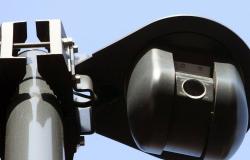On December 2, the Republic of Ecuador officially announced the suspension of its recognition of the pseudo-Sahrawi Arab Democratic Republic (SADR).
Non-permanent member of the UN Security Council for the period 2023-2024, this South American country is added to a long list having revoked their support for the Polisario, supported, financed and armed by Algiers.
For the magazine Young Africathis umpteenth withdrawal illustrates the growing isolation of the separatist front on the international scene: “In the 1970s, more than 80 countries initially recognized the SADR, but more than 50 have since reversed their support, reducing the number of nations that continue to maintain relations with the entity to 34», writes the magazine in an analysis.
Thus, only 22 countries in Africa, 8 in South America and 4 in Asia continue to recognize the pseudo-SADR.
«The number of United Nations member countries that have never recognized the separatist front stands at 113. Within the international community and the largest regional groupings, the SADR is not recognized by the United Nations. (UN), neither by the Arab League, nor by the Organization of Islamic Cooperation (OIC). No European country grants recognition, neither the European Union as an organization nor its member countries», we write.
Jeune Afrique also notes that the intergroup “Sahara occidental» within the European Parliament, which had existed for 20 years, was not renewed following the renewal this year of MEPs.
Better yet, today, Western powers such as the United States, France, Spain, Germany and the Netherlands openly support the Sahara autonomy plan under Moroccan sovereignty.
In Africa, 20 countries have withdrawn their recognition since 1997: “this shift is explained by Moroccan diplomatic efforts, particularly with southern African and non-French-speaking countries, and by Morocco’s return to the African Union in 2017, after an absence of 35 years.», explains the pan-African magazine, according to which “some 30 countries on the continent have opened a consulate in the Sahara, or 40% of the countries of the African Union».
The separatist front is also, and above all, losing ground in South America and in the islands of the Caribbean Sea.
Of the 22 countries that have recognized “Rasd» at one time or another of its existence, only 7 still maintain this position: according to Young Africa«conversely, 19 countries in the region revoked their recognition, adopting positions in favor of Morocco and its autonomy plan».
The continent’s giant, Brazil, has never recognized the SADR, but its government has repeatedly reiterated its support for the Moroccan autonomy plan.
Chile also supports the Moroccan proposal. Argentina, which maintains no diplomatic ties with the “Rasd» has never positioned itself on this conflict.
Finally, in Asia and Oceania, the Polisario remains largely marginalized. None of the major Asian countries, with the exception of India (from 1985 to 2000), have recognized the SADR.
«Currently, only four Asian countries recognize the Front: North Korea since 1976, Vietnam, Laos since 1979, and East Timor since its independence in 2002.“, underlines Young Africa.
In Oceania, Moroccan diplomacy succeeded in convincing six UN member states to change their position. These are Vanuatu, which recognized the Polisario from 1980 to 2000, the Solomon Islands (from 1981 to 1989), Papua New Guinea (from 1981 to 2011), and finally Tuvalu, Kiribati and Nauru ( 1981 to 2000).
Par Walid Ayadi
12/17/2024 at 7:42 p.m.






